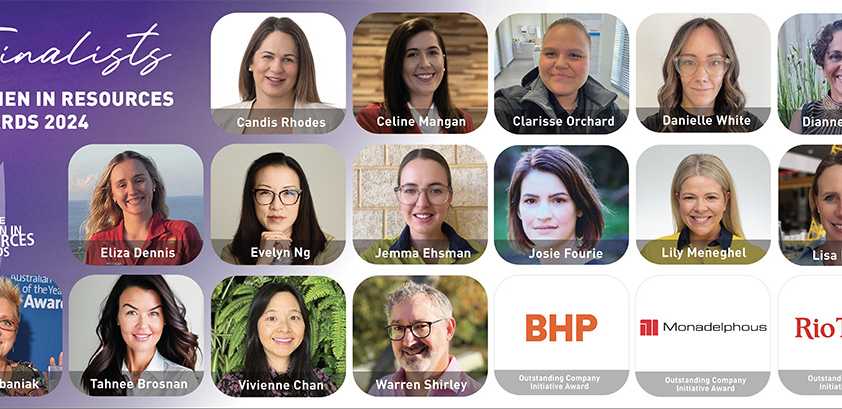The Chamber of Minerals and Energy of WA (CME) and its member companies have announced the introduction of industry-wide guidance for the consumption of alcohol at on-site accommodation facilities.
The Safe and Respectful Behaviours – Industry Alcohol Guideline sets out a series of management and education requirements that outline how alcohol consumption is to be treated at accommodation facilities. This builds on drug and alcohol policies already implemented across industry workplaces, providing further consideration towards work-adjacent environments.
CME Director of Policy and Advocacy Rob Carruthers said the guideline reflected the WA mining and resources sector’s long-standing commitment to best practice for both physical and psychological safety in the workforce.
“This guideline represents a significant milestone in our sector’s work to be as safe as possible at all times,” Mr Carruthers said.
“Over the past couple of years, several CME member companies have implemented their own alcohol limits. But it’s also very important that there is industry-wide guidance that can be used at any operation, driving healthy behaviours that encourage a culture of moderation.
“Crucially, the guideline takes into account not only the experience of CME member companies’ work around alcohol, but also input from independent drug and alcohol experts 360Edge.
“With their expertise across a range of sectors, 360Edge were able to provide invaluable advice on what best practice in alcohol consumption should look like for WA mining and resources operations.
“Events over the past 18 months, including the ongoing Parliamentary Inquiry into sexual harassment against women in the FIFO mining industry have strengthened our resolve to provide safe and inclusive workspaces for all of the sector’s 156,000-plus employees.
“This industry guideline is another step in a process that revolves around continual improvement.”
Formulation of the Industry Alcohol Guideline been a key focus for CME’s Safe and Respectful Behaviours Working Group over the past six months. The guideline includes:
- Implementation of a four-drink limit for all accommodation residents over a 24-hour period, including takeaway limitations
- Prohibition of alcohol served in a form that encourages rapid-consumption – such as shots or double-servings
- Ensuring availability of varied drink-strength operations served at accommodation facilities – for example low and medium-strength beverages
- Ensuring availability of non-alcoholic drink options, for example 0% beer, carbonated drinks and freely available water
- Ensuring availability of food options – such as snacks or hot food – wherever alcohol is served
- Actively promoting a culture of moderation and healthy dietary choices
- Educating residents of the alcohol policy that applies in accommodation facilities
- Implementation of education material that informs residents in accommodation facilities about the harmful effects of alcohol consumption.
Mr Carruthers said CME would work with member companies over coming months on the rollout of the Industry Alcohol Guideline.
“The guideline will take a period of time to achieve broadscale implementation, however it demonstrates a clear industry-wide commitment to raise standards,” Mr Carruthers said.
“Some CME member companies have already led the way by adopting the elements of the guideline, and those that can practically implement it immediately will do so of course.
“CME has more than 75 member operating companies running operations of all shapes and sizes around WA and some of them may not be in a logistical position to practically implement the guideline straight away.
“We’re also very happy for the guideline to be available for operations that don’t fall under the CME banner.
“The ultimate aim for the guideline is that it helps WA mining and resources achieve positive safety and inclusion objectives, and we will happily share it and the research behind it with other advocacy groups in the sector.”




